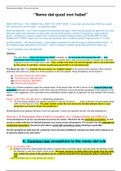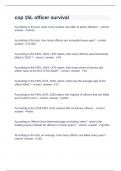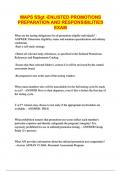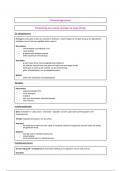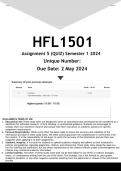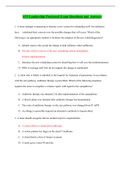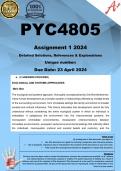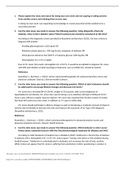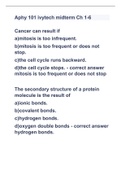Lecture notes
Nemo Dat Rule - 1st CLASS DETAILED Notes // ALL CASES // colour co-ordinated
- Module
- Commercial & Agency Law
- Institution
- Queen Mary, University Of London (QMUL)
FIRST CLASS - DETAILED NEMO DAT RULE NOTES 2019 QUEEN MARY : FIRST CLASS COMMERCIAL LAW NOTES - 79.3 John Yelland Commercial Law Prize AWARD.
[Show more]
